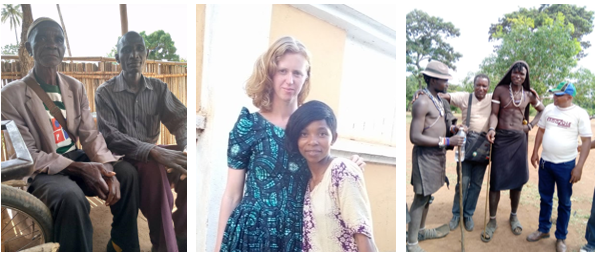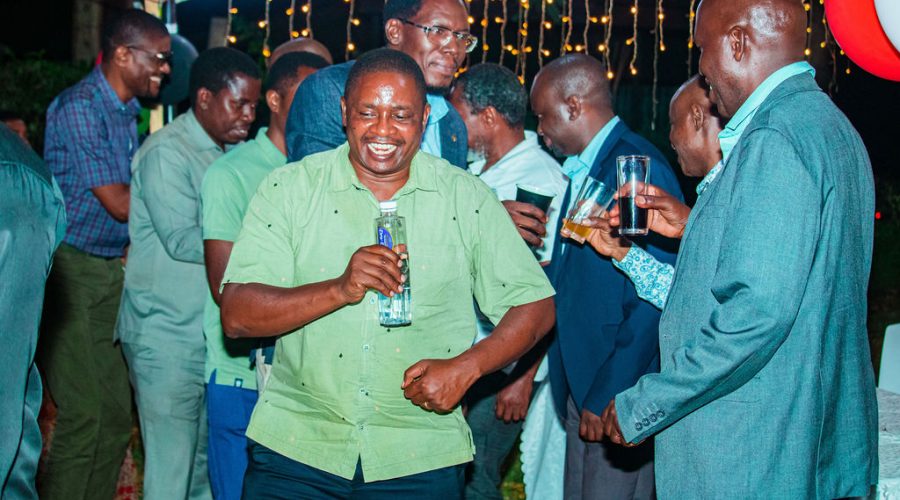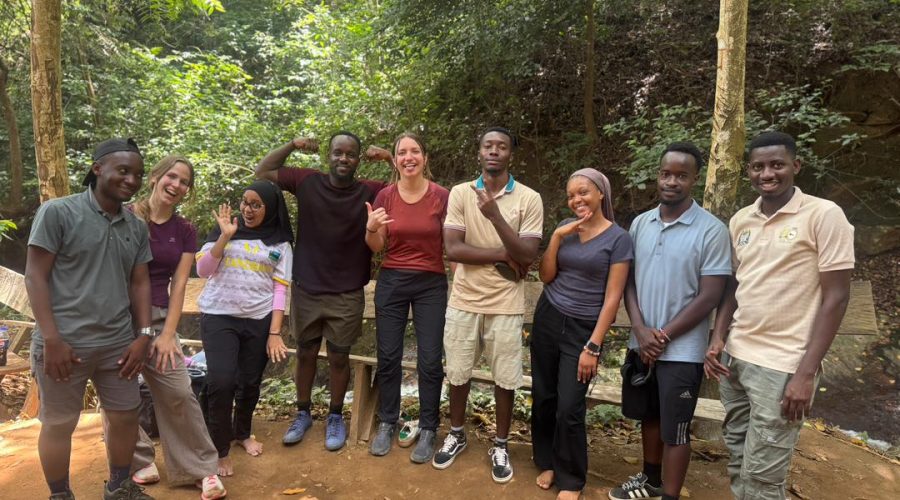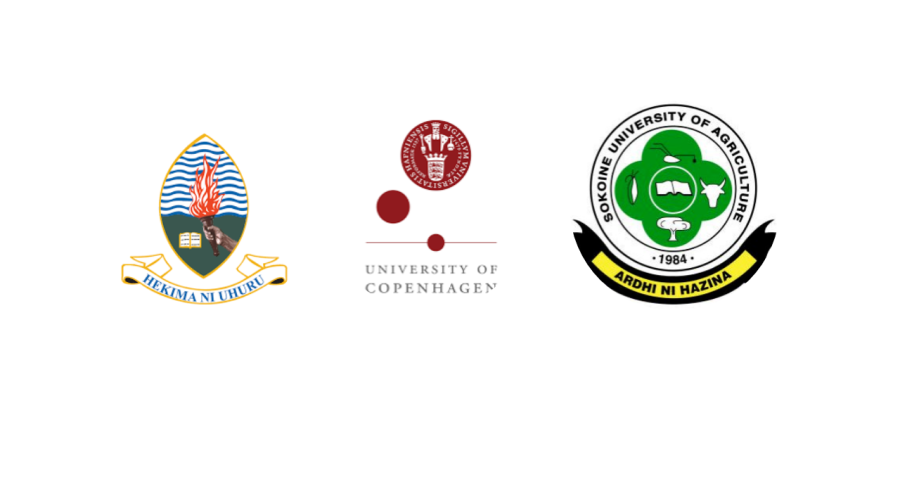Speaker: Ms. Emma Jane Lord, Centre for the Study of the Sciences and Humanities, University of Bergen in Norway
Date & time: Monday 12th August, 2019 from 10:00 to 11:00 am
Location: National Carbon Monitoring Centre (NCMC)

Biography
Emma is a PhD Candidate at the University of Bergen in Norway, in the Centre for the Study of the Sciences and Humanities. She has a Masters in Sustainable Tropical Forestry from the University of Copenhagen and AgriParisTech, France. This seminar is to present the results of her research, conducted during 2014 and 2019 in partnership with Sokoine University of Agriculture as a Research Associate, before her return to Norway. We will present the findings, with an open Q & A session and discussion.
Abstract
This policy evaluation documents the negative consequences of “fortress carbon”, meaning a carbon mitigation project in Kigoma and Katavi Region, Western Tanzania. One of nine pilot projects of Reducing Emissions from Deforestation and Forest Degradation (REDD+) implemented from 2009 – 2012. Although this project was appraised by the Norwegian Embassy as one of Tanzania’s most successful, for meeting 98% of its targeted objectives, both the Safeguards Evaluation from 2013 and this research project have revealed hidden social costs for marginalized groups living closest to the forest itself. Methodology uses Anthropology of Social Change (Asc) to understand the unresolved conflicts within the forest boundary and outlying sub-villages -not only village centres. Results are based on 94 in-depth interviews with peasants, Agro-pastoralists, local politicians, implementers of REDD+, NGO staff and academics, as well as participant observation, letters and local government records and project documents, collected during five months of fieldwork in 2014 and three months in 2019. These findings show how conflicts from fortress carbon continue to be re-negotiated and repressed long after project phase out. This raises 1) ethical red flags in the case of continued implementation of REDD+ in Tanzania, 2) identifies the need for debate on the recognition of agro-pastoralists as an indigenous group and 3) highlights the importance of integrating social safeguard holistically within the initial phases of forestry project design and not as an afterthought.
Welcome and looking forward to sharing your discussions and views



